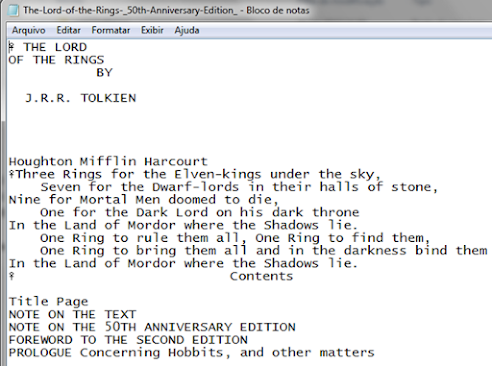Proposta para dicionário bilíngue Português-Inglês de linguística histórica
O objetivo deste trabalho é apresentar os passos tomados no projeto em andamento Linguística Histórica e Linguística de Corpus – uma proposta para dicionário bilíngue português-inglês. Esse trabalho embasa-se metodologicamente na Linguística de Corpus e teoricamente insere-se na Teoria Comunicativa da Terminologia de Cabré. O corpus é bilíngue e de cunho científico na área de Linguística Histórica, de aproximadamente um milhão de palavras. Como essa área beneficia-se de outras anteriores à ela, nesse artigo objetiva-se expor os princípios taxonômicos que regem a construção da árvore de domínio, de acordo com Fromm (2007), e a diferenciação conceitual entre Linguística Histórica e Filologia segundo especialistas como Basseto (2001) e Faraco (2005). Será analisada e comparada a forma como os dois autores abordam e apresentam a área de Filologia e de Linguística Histórica. Por fim, proporemos uma possível definição que abarque os conceitos propostos pelos dois autores, enriquecida pela contribuição de Mattos e Silva (2008).
Palavras-chave: Linguística Histórica, Linguística de Corpus, terminologia, Filologia, Árvore de
Domínio.
ABSTRACT This paper aims at presenting the steps taken in the underway project named Historical Linguistics and Corpus Linguistics - a bilingual Portuguese-English dictionary proposal. Its work is methodologically based on Corpus Linguistics and its theoretical bases are on the Communicative Theory of Terminology by Cabré. The corpus is bilingual, of academic nature, focused on the field of Historical Linguistics, comprising approximately one million words. As this area benefits from others preceding it, this article aims to expose the taxonomic principles governing the construction of the domain tree according to Fromm (2007), and conceptual di erentiation between Historical Linguistics and Philology defended by experts as Basseto (2001) and Faraco (2005). The way how these authors present Philology and Historical Linguistics will be analyzed and compared. Finally, we will propose a possible de nition that encompasses the concepts presented by both authors, enriched by the contribution of Mattos e Silva (2008).
Keywords: Historical Linguistics, Corpus Linguistics, Terminology, Philology, Domain Tree.
Artigo disponível em: https://www.academia.edu/5076938/Proposta_para_dicionario_bilingue_Portugues-Ingles_de_linguistica_historica
Palavras-chave: Linguística Histórica, Linguística de Corpus, terminologia, Filologia, Árvore de
Domínio.
ABSTRACT This paper aims at presenting the steps taken in the underway project named Historical Linguistics and Corpus Linguistics - a bilingual Portuguese-English dictionary proposal. Its work is methodologically based on Corpus Linguistics and its theoretical bases are on the Communicative Theory of Terminology by Cabré. The corpus is bilingual, of academic nature, focused on the field of Historical Linguistics, comprising approximately one million words. As this area benefits from others preceding it, this article aims to expose the taxonomic principles governing the construction of the domain tree according to Fromm (2007), and conceptual di erentiation between Historical Linguistics and Philology defended by experts as Basseto (2001) and Faraco (2005). The way how these authors present Philology and Historical Linguistics will be analyzed and compared. Finally, we will propose a possible de nition that encompasses the concepts presented by both authors, enriched by the contribution of Mattos e Silva (2008).
Keywords: Historical Linguistics, Corpus Linguistics, Terminology, Philology, Domain Tree.
Artigo disponível em: https://www.academia.edu/5076938/Proposta_para_dicionario_bilingue_Portugues-Ingles_de_linguistica_historica


Comentários
Postar um comentário